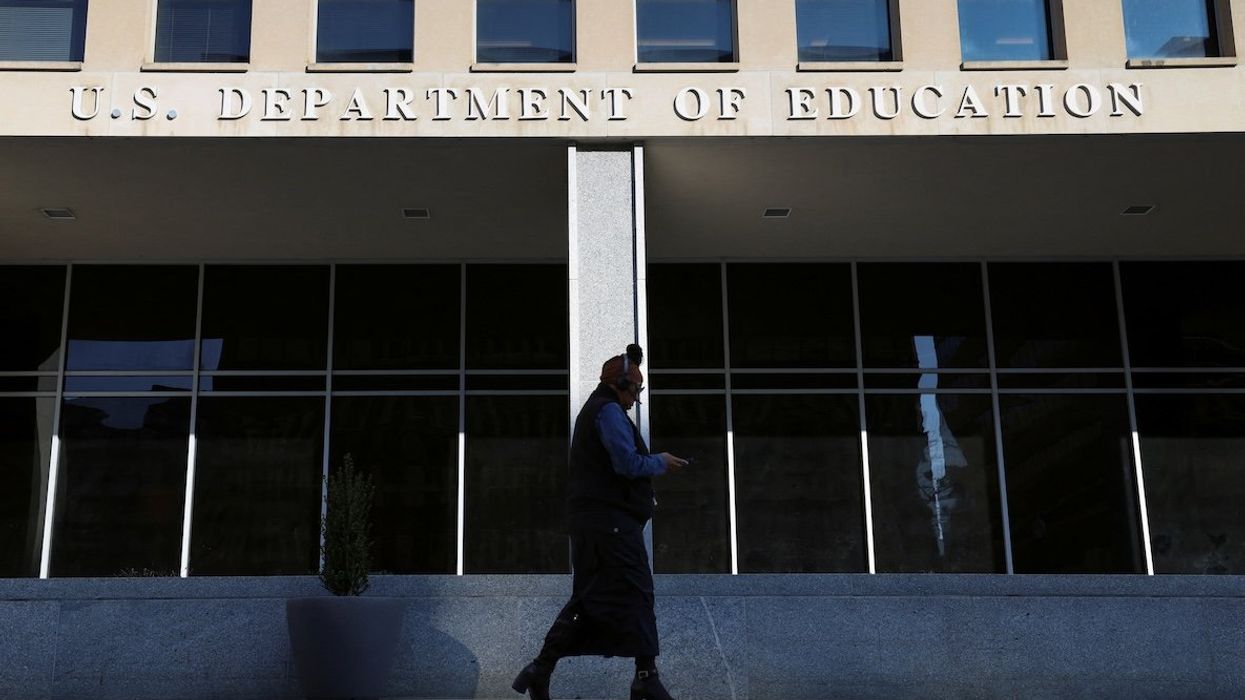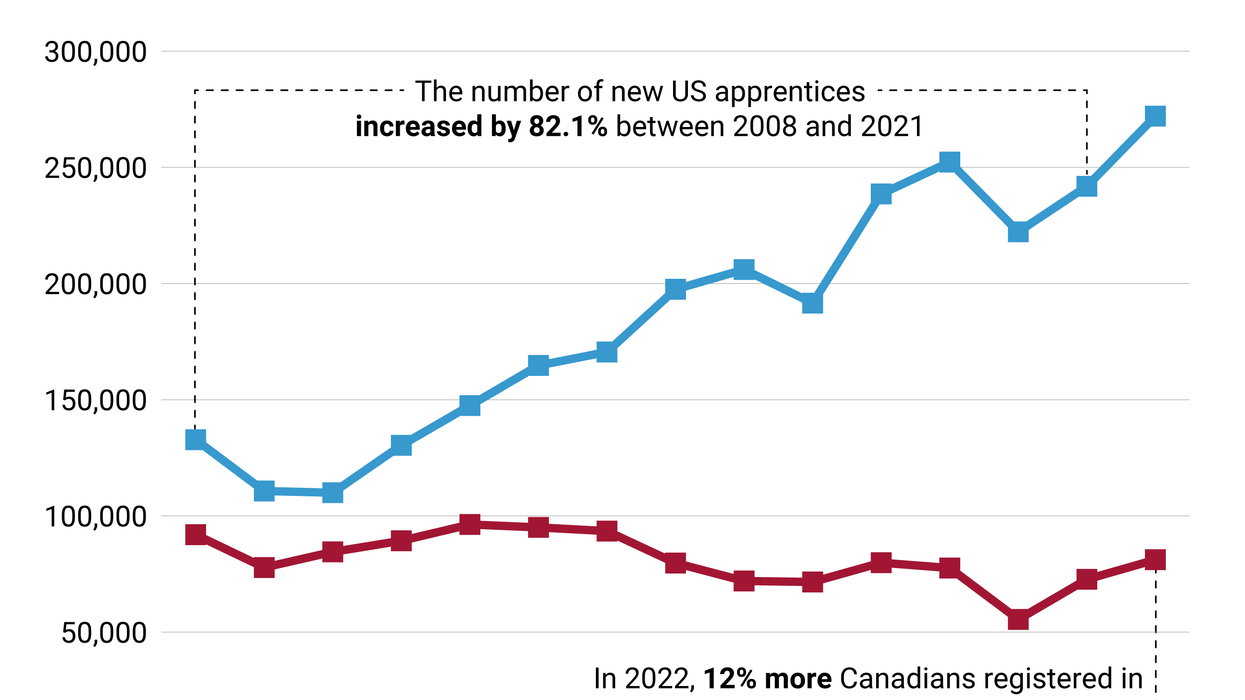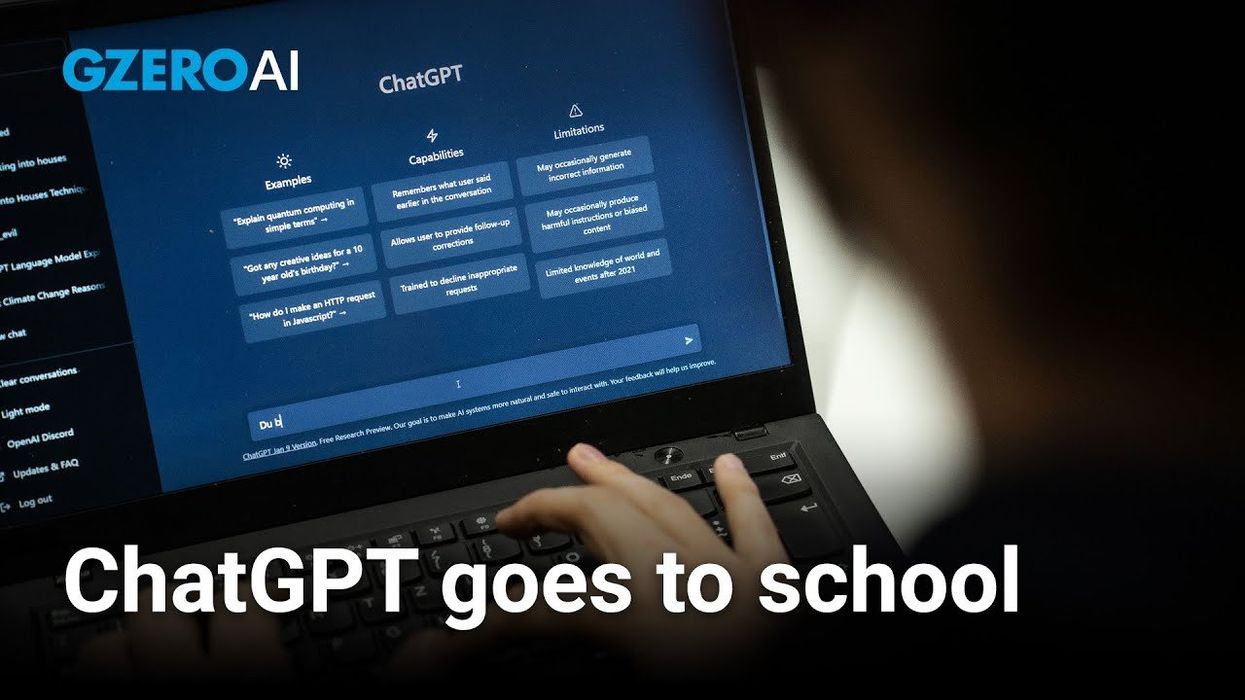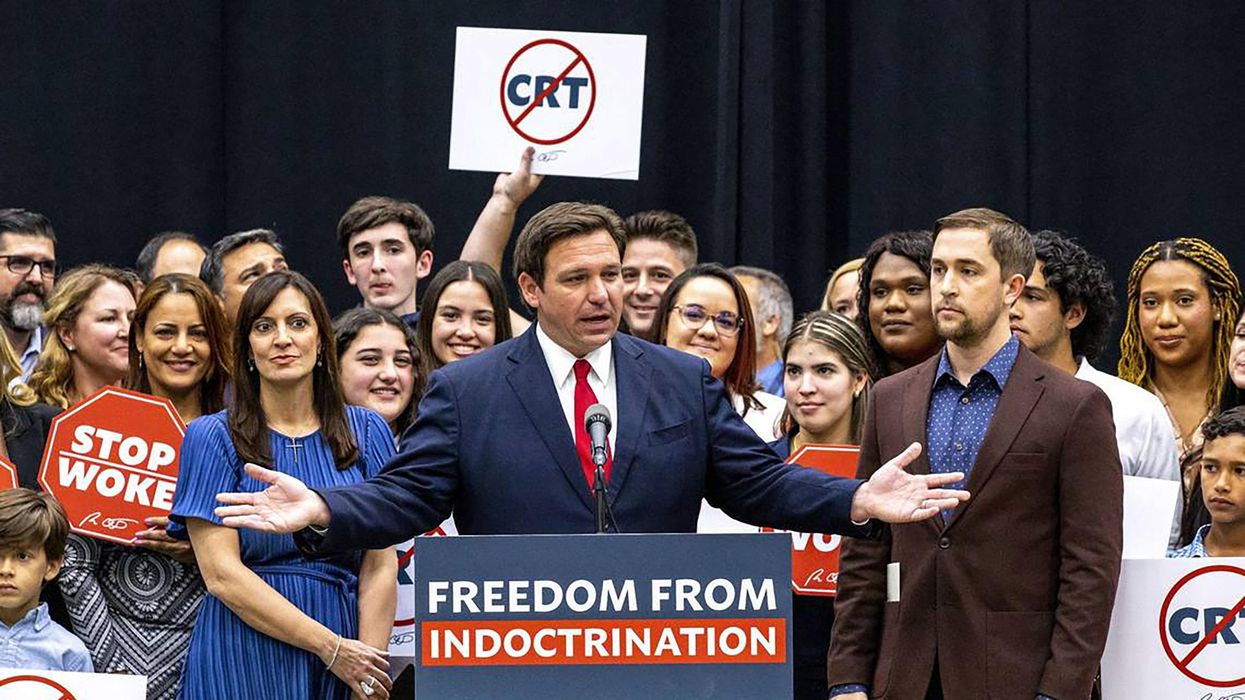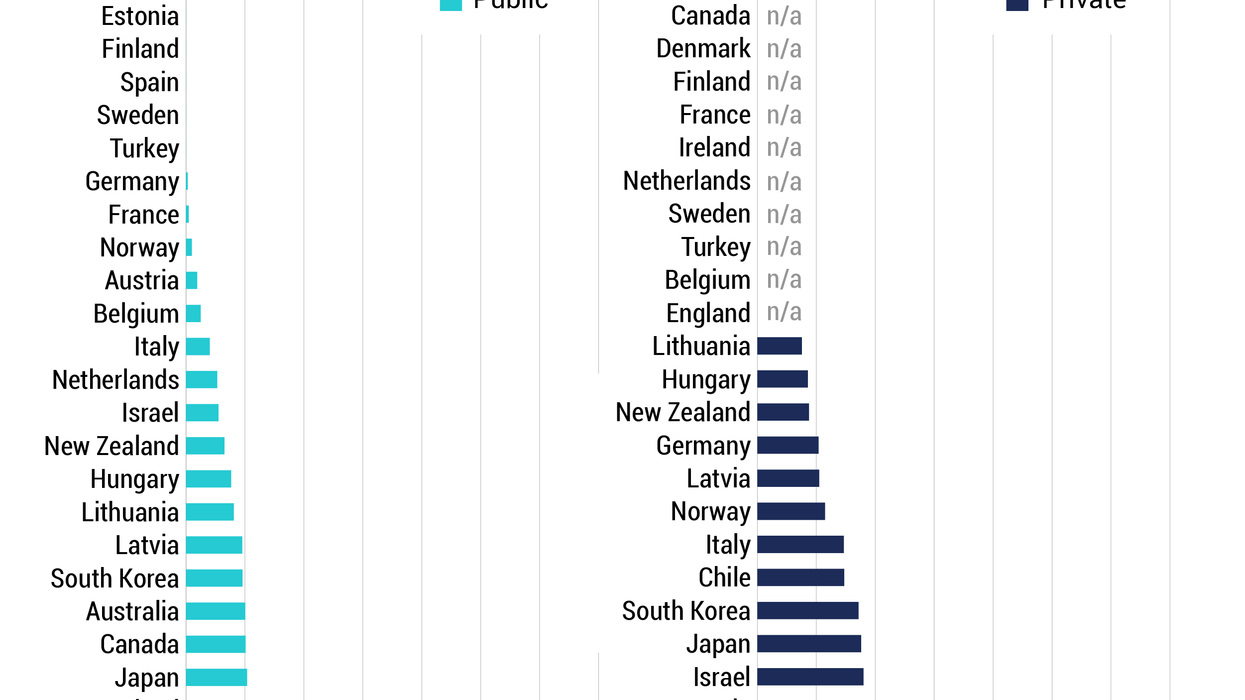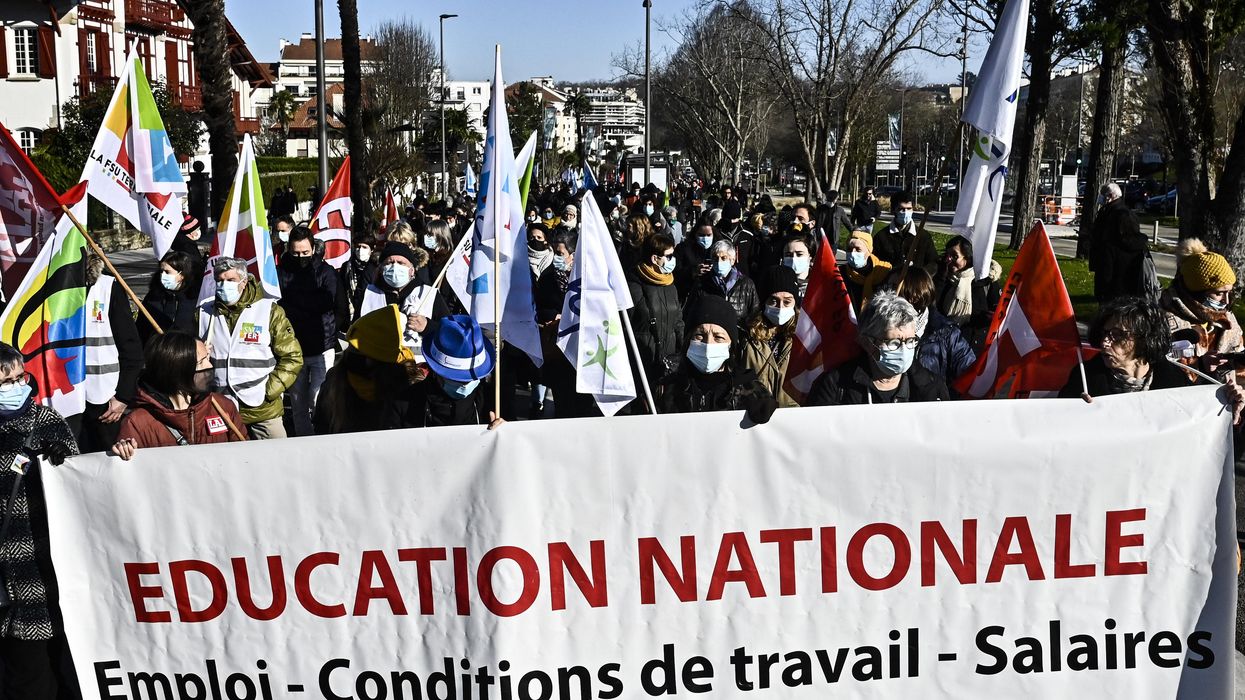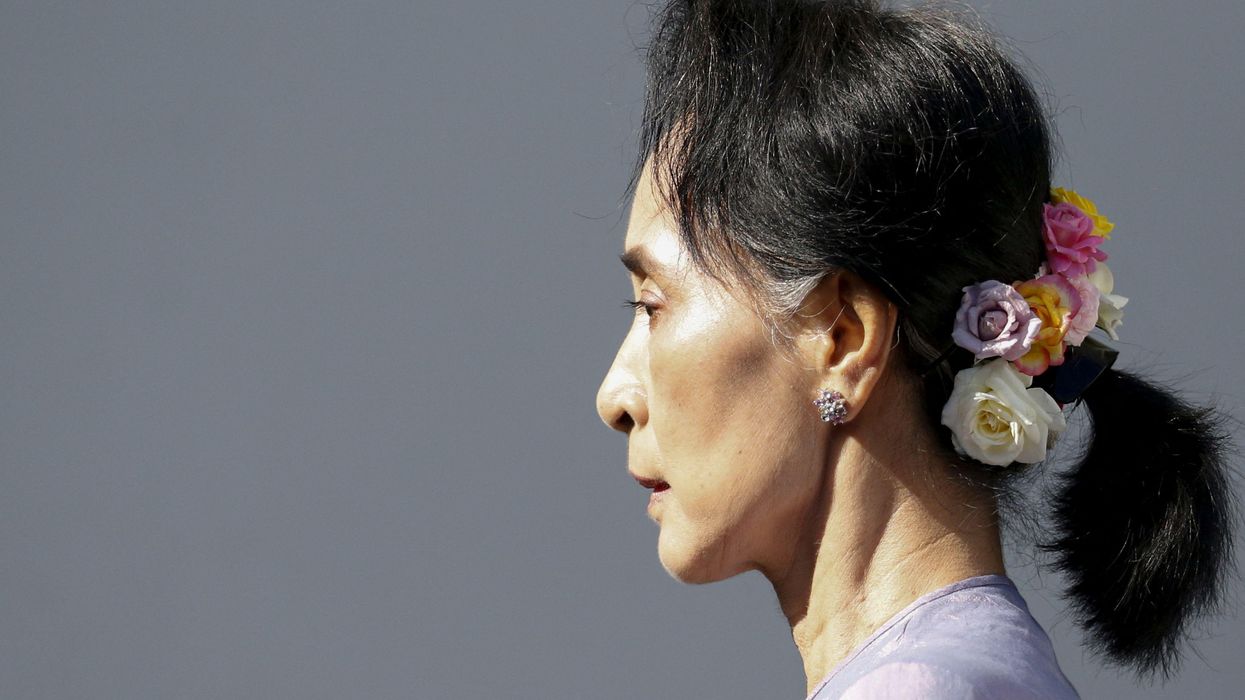by ian bremmer
America’s “buy now, pay later” trap
The United States is #winning. But while the short-term picture looks strong, the United States is systematically trading long-term strategic advantages for more immediate tactical gains, with the accumulating costs hiding in plain sight.
Nov 05, 2025

